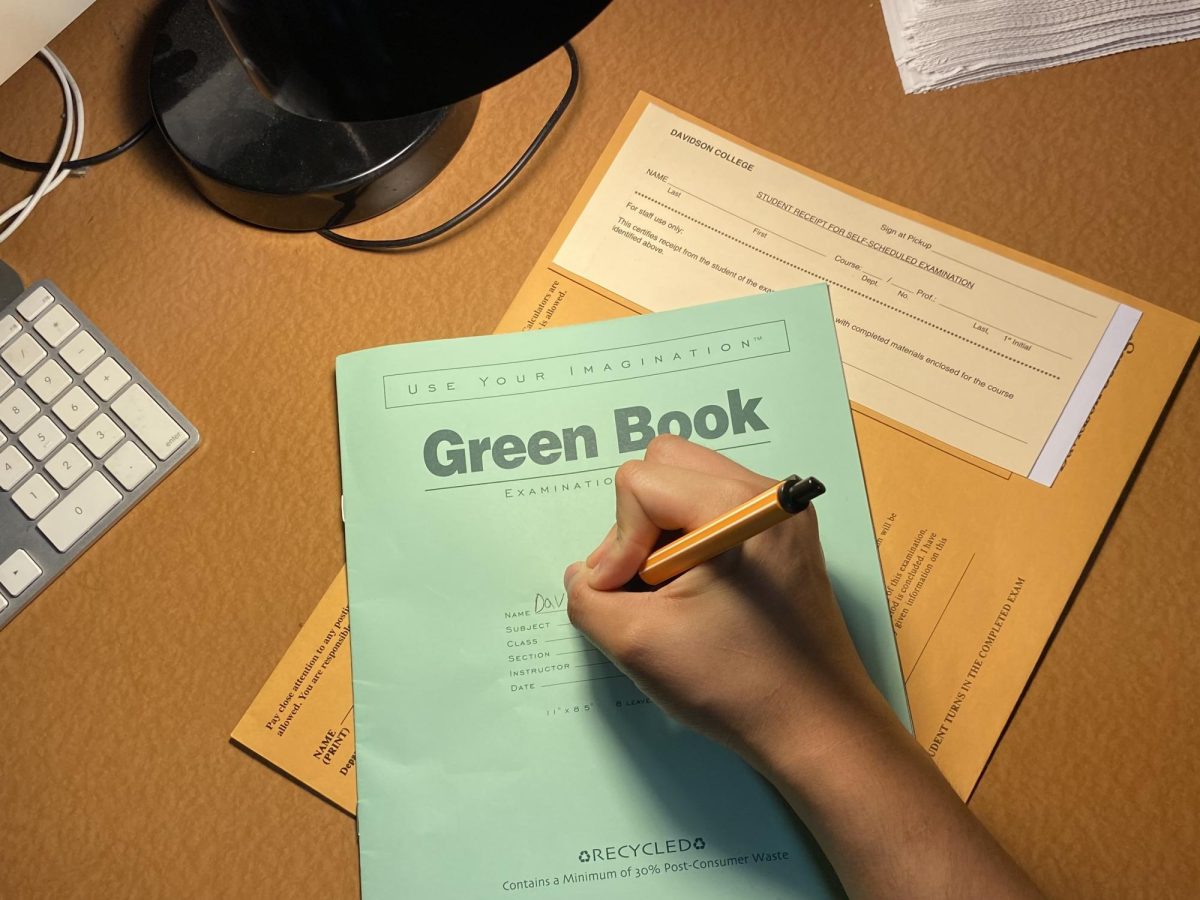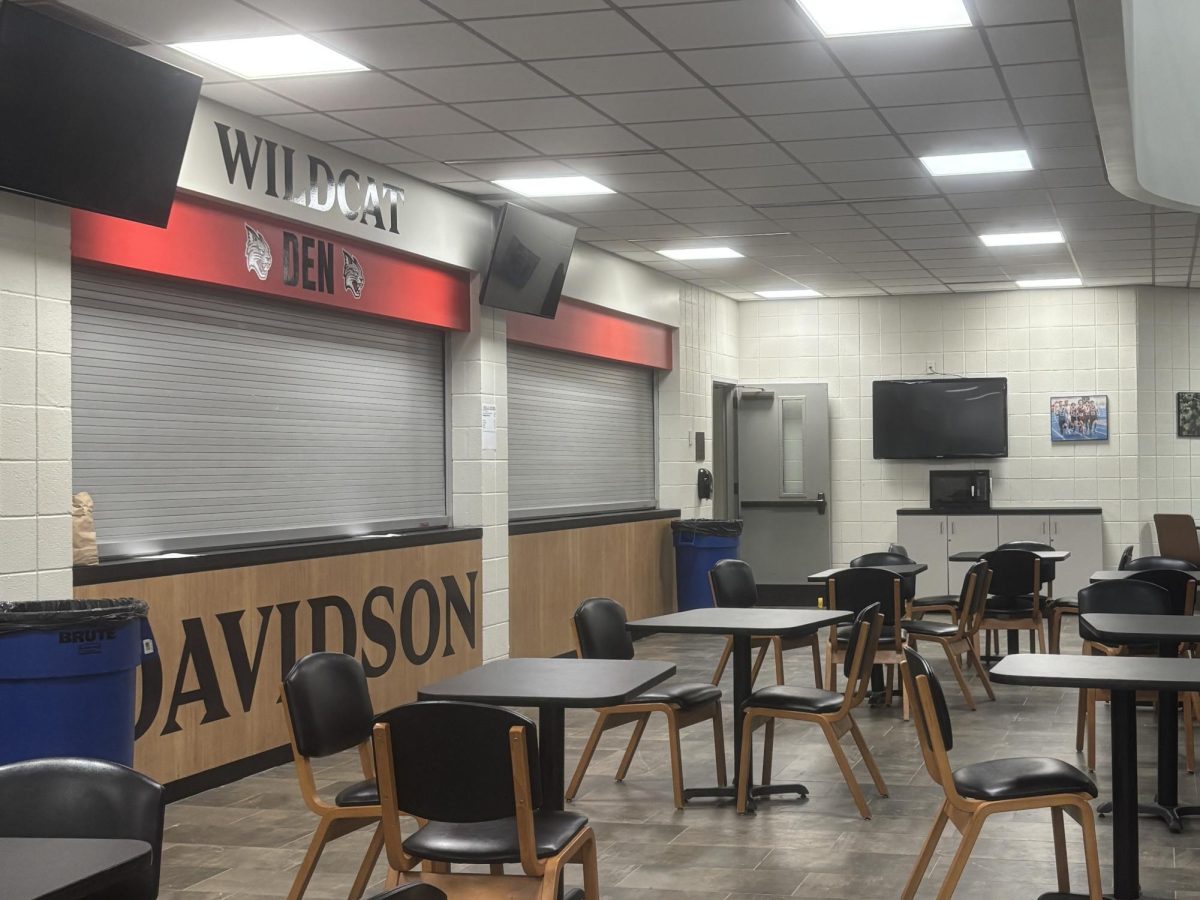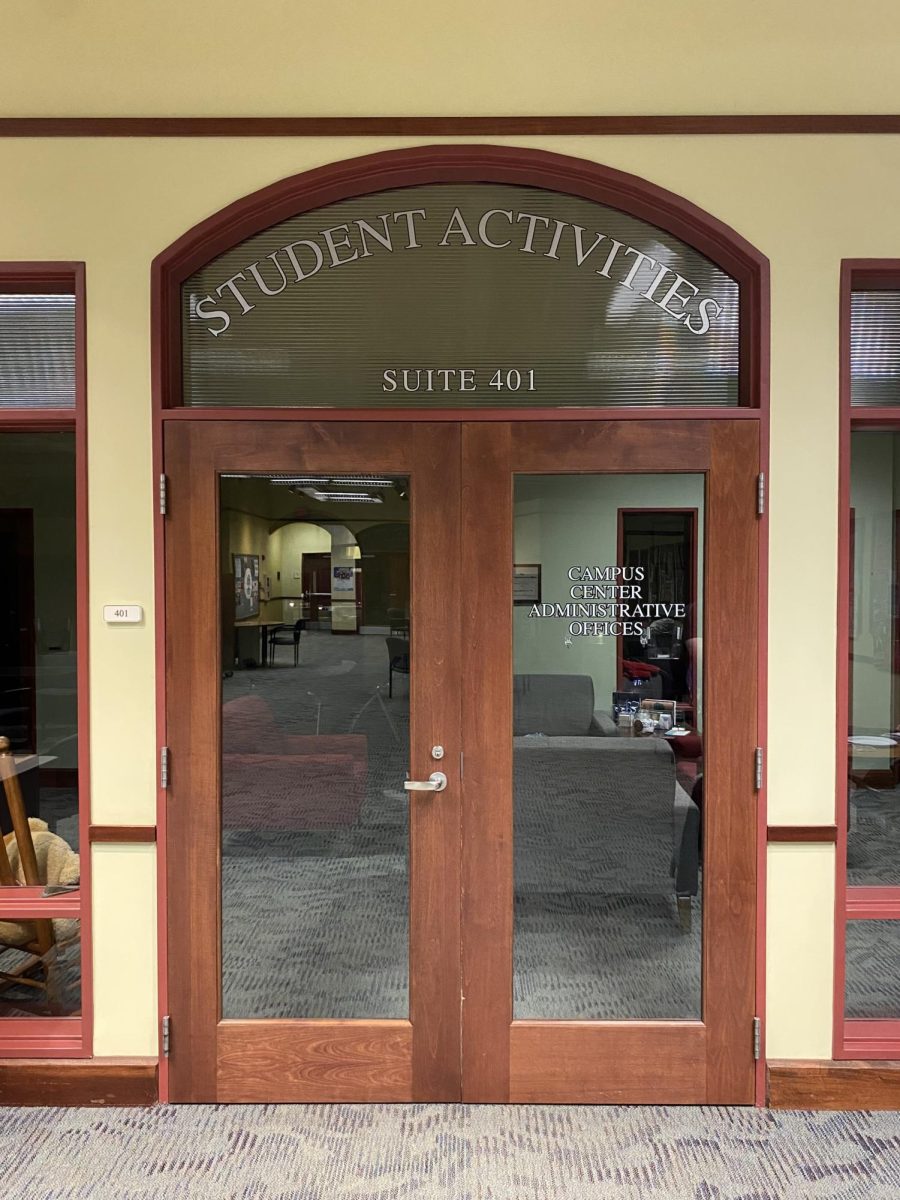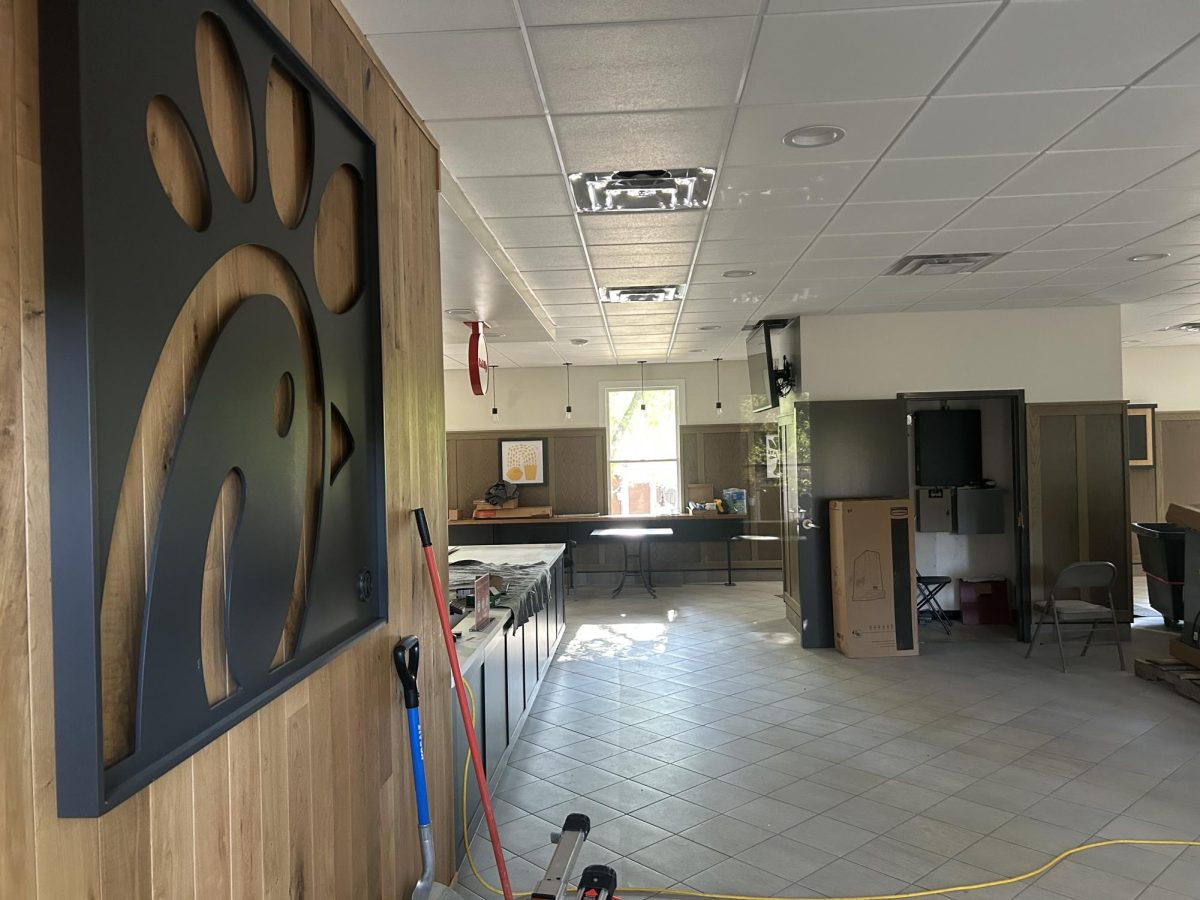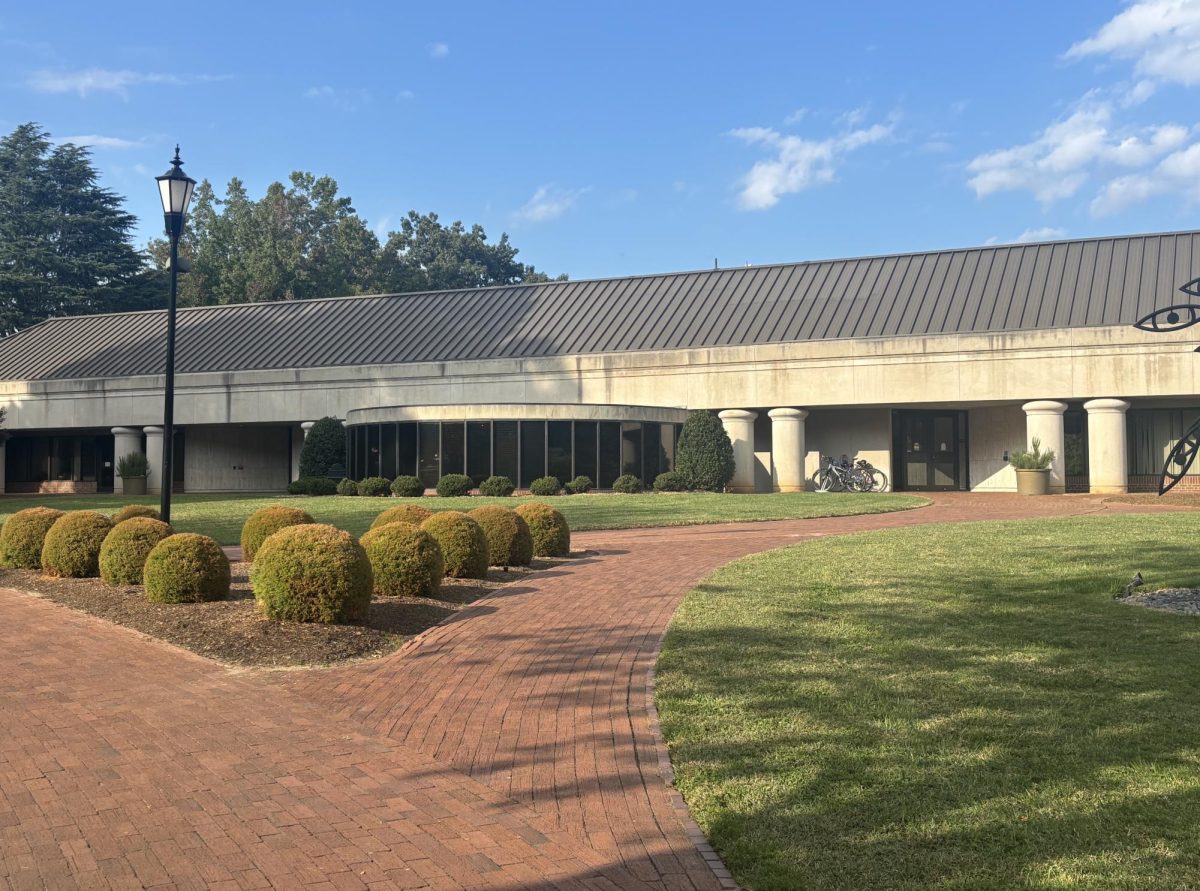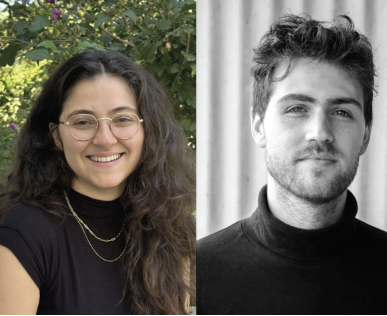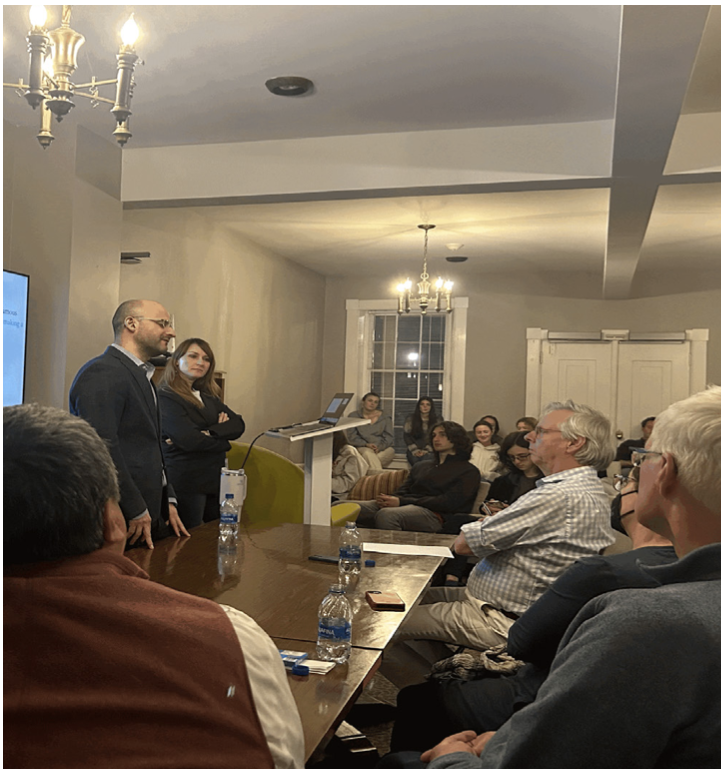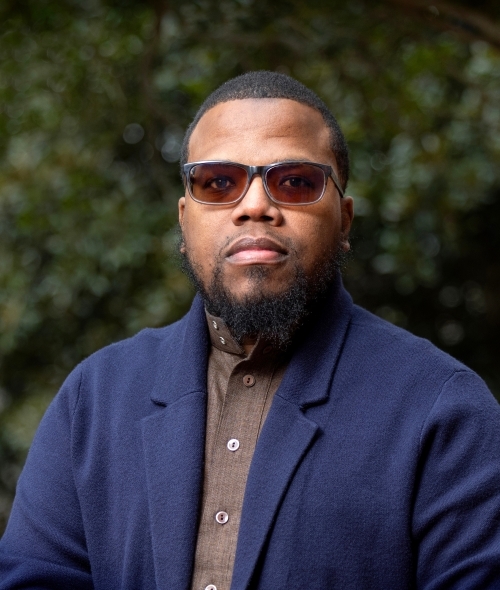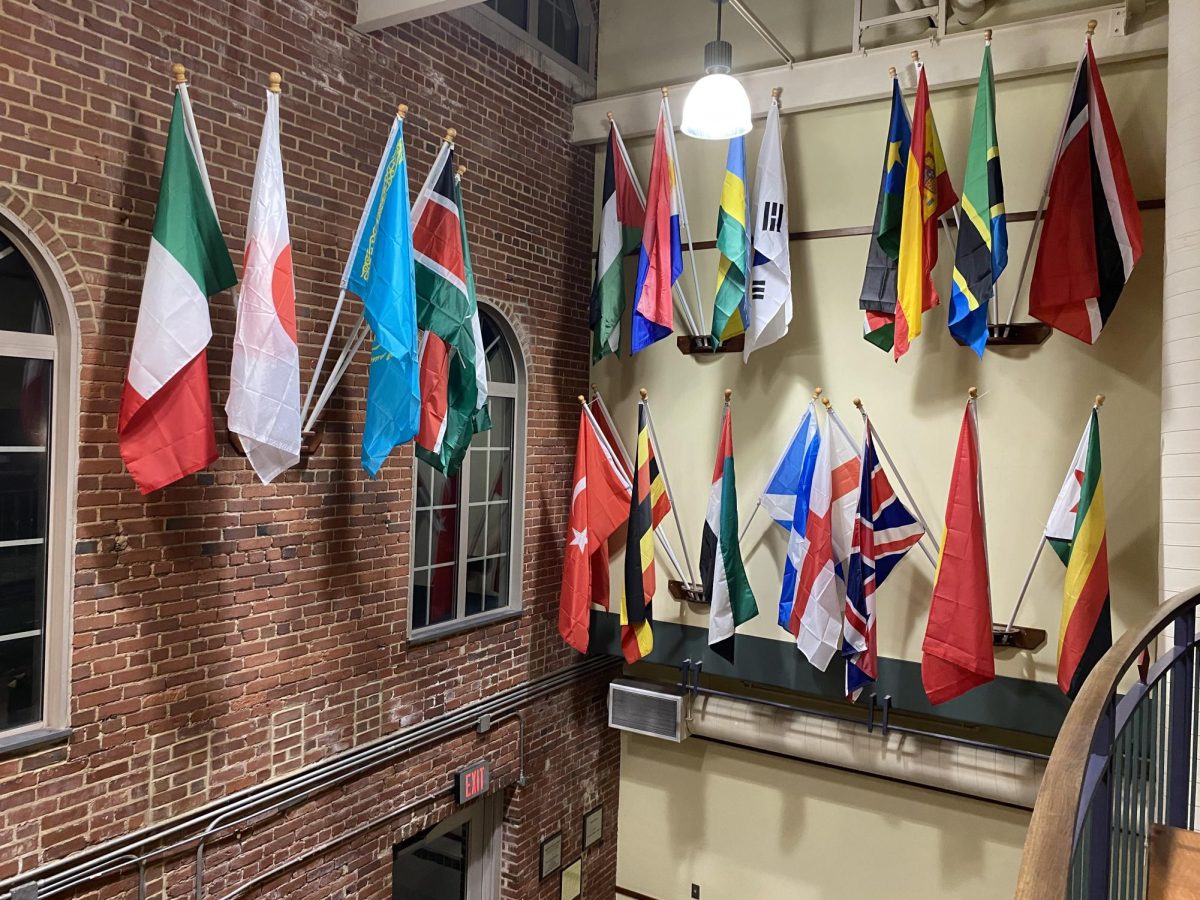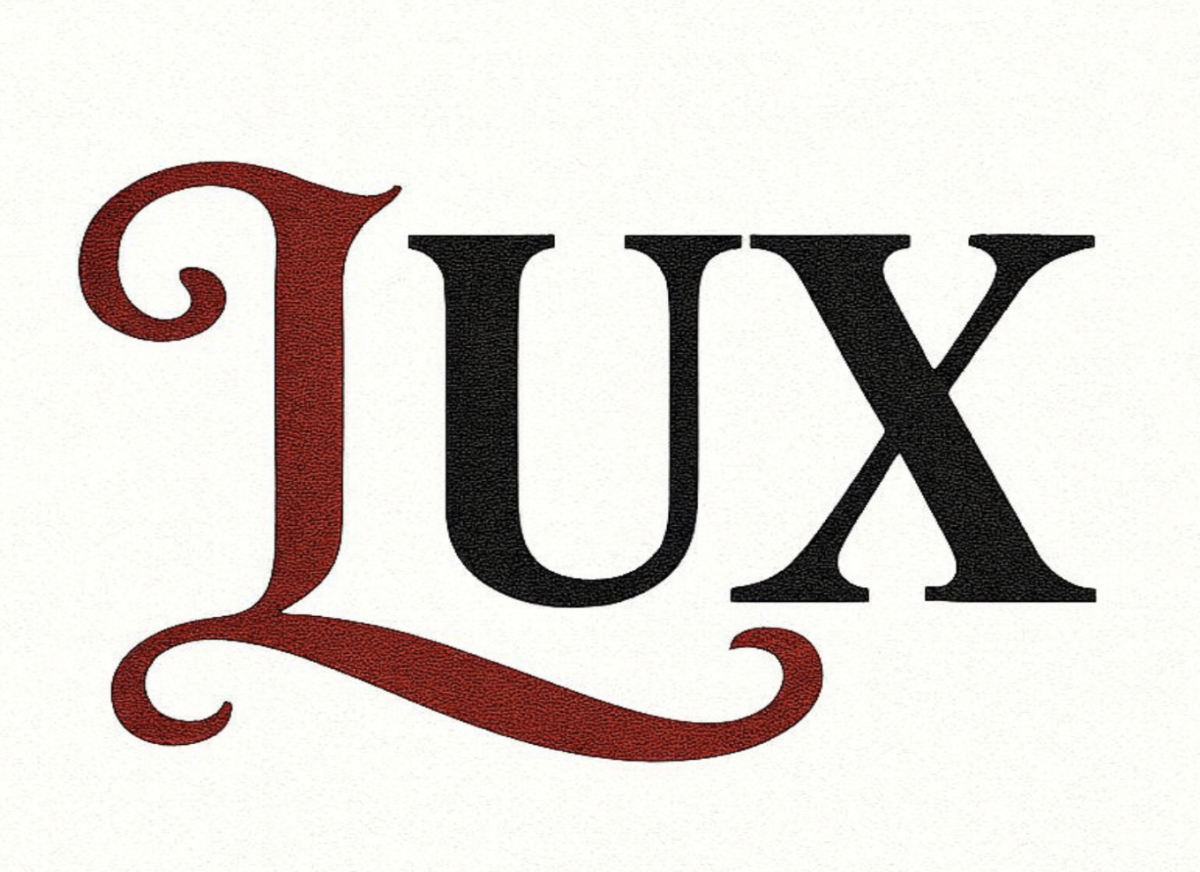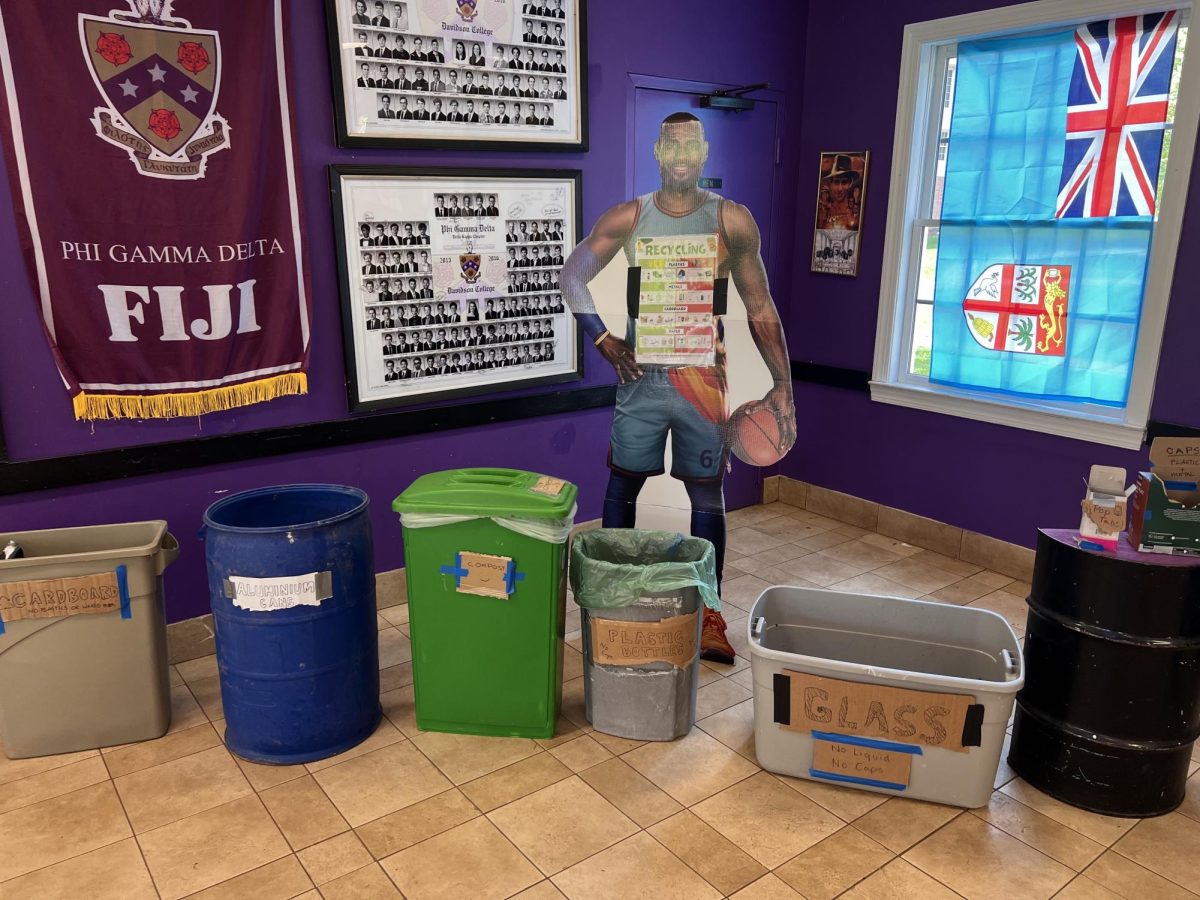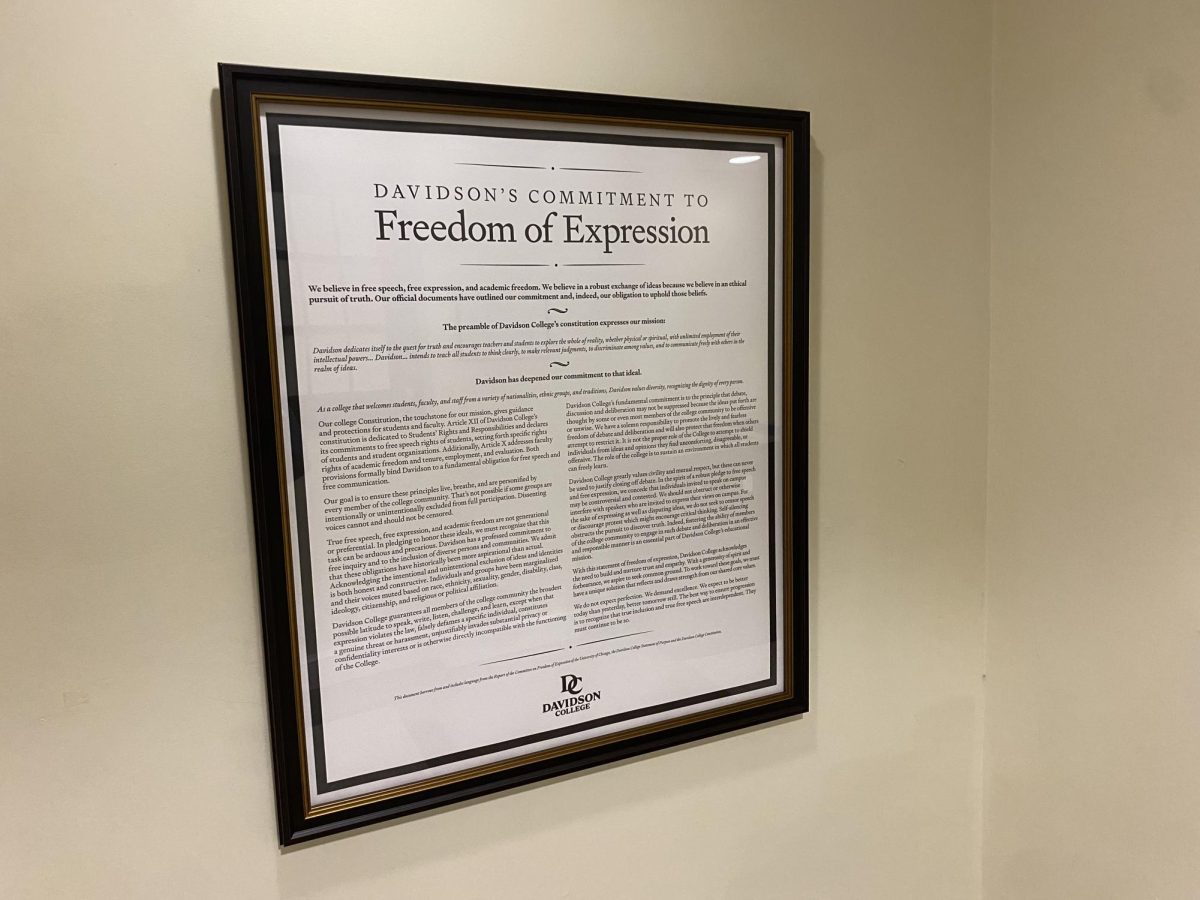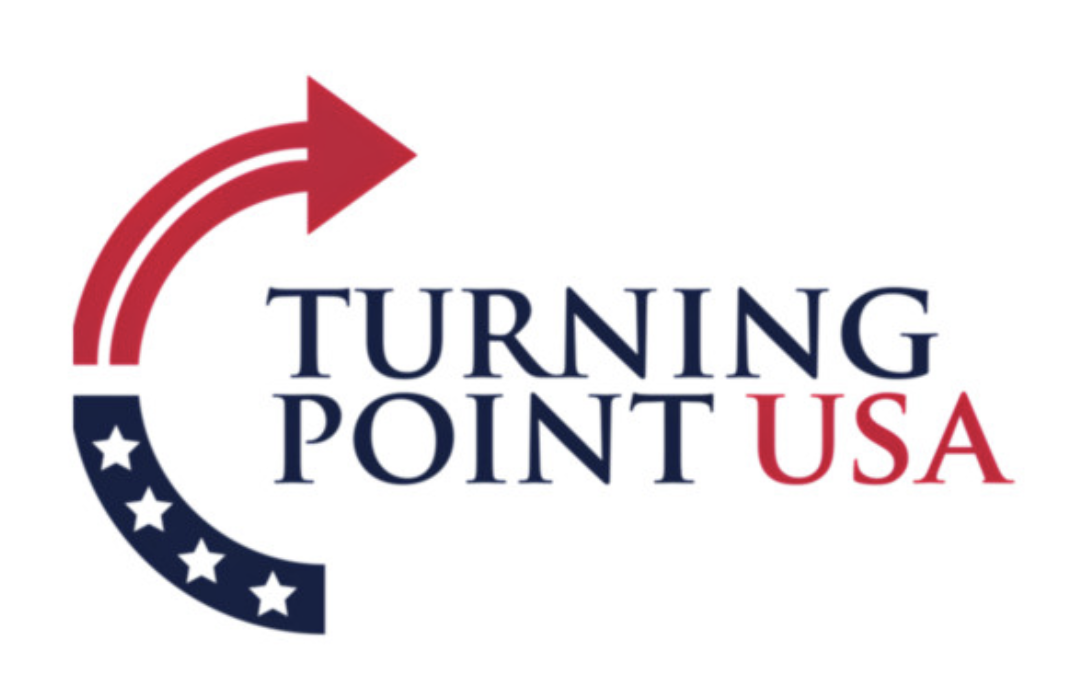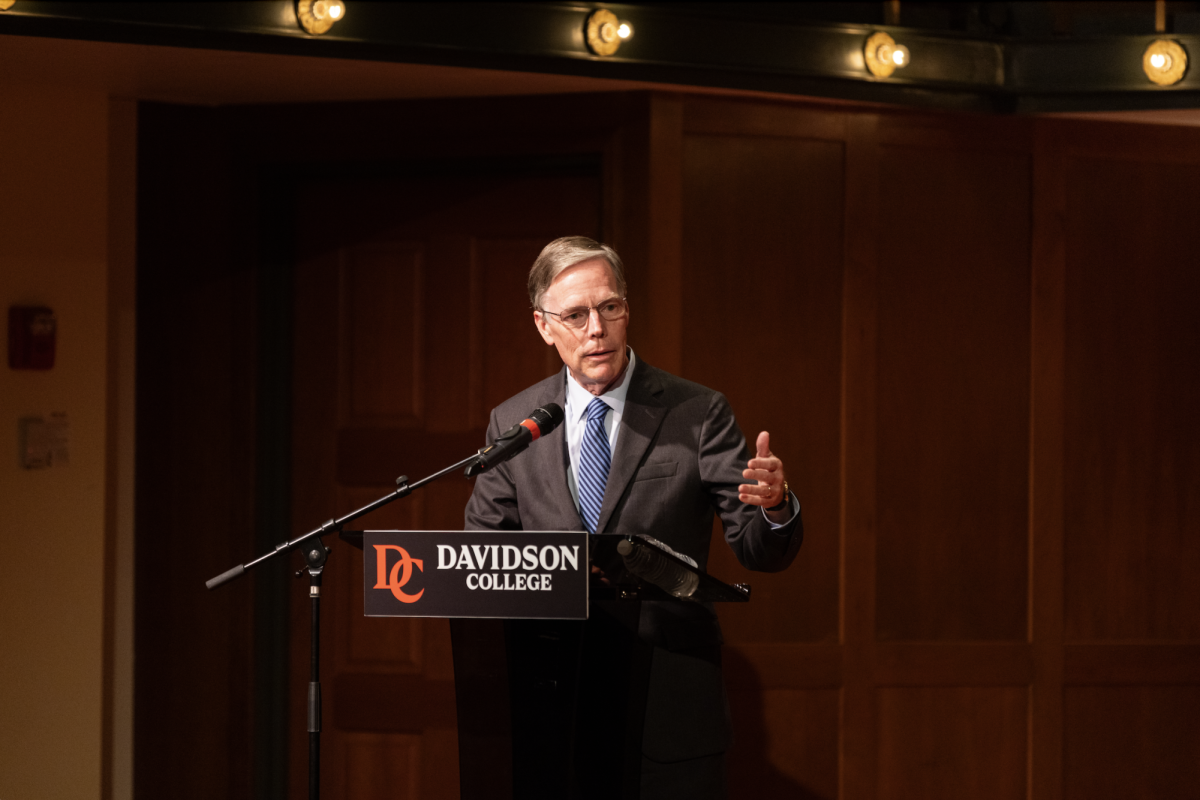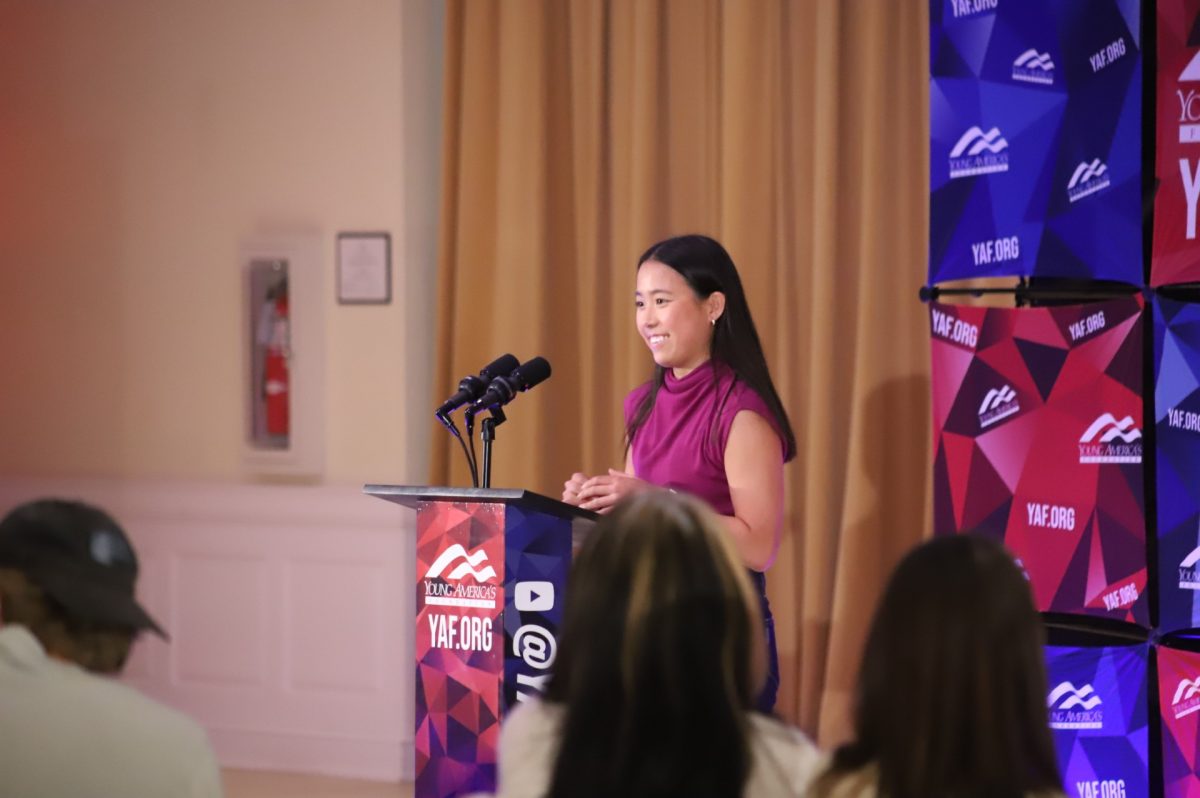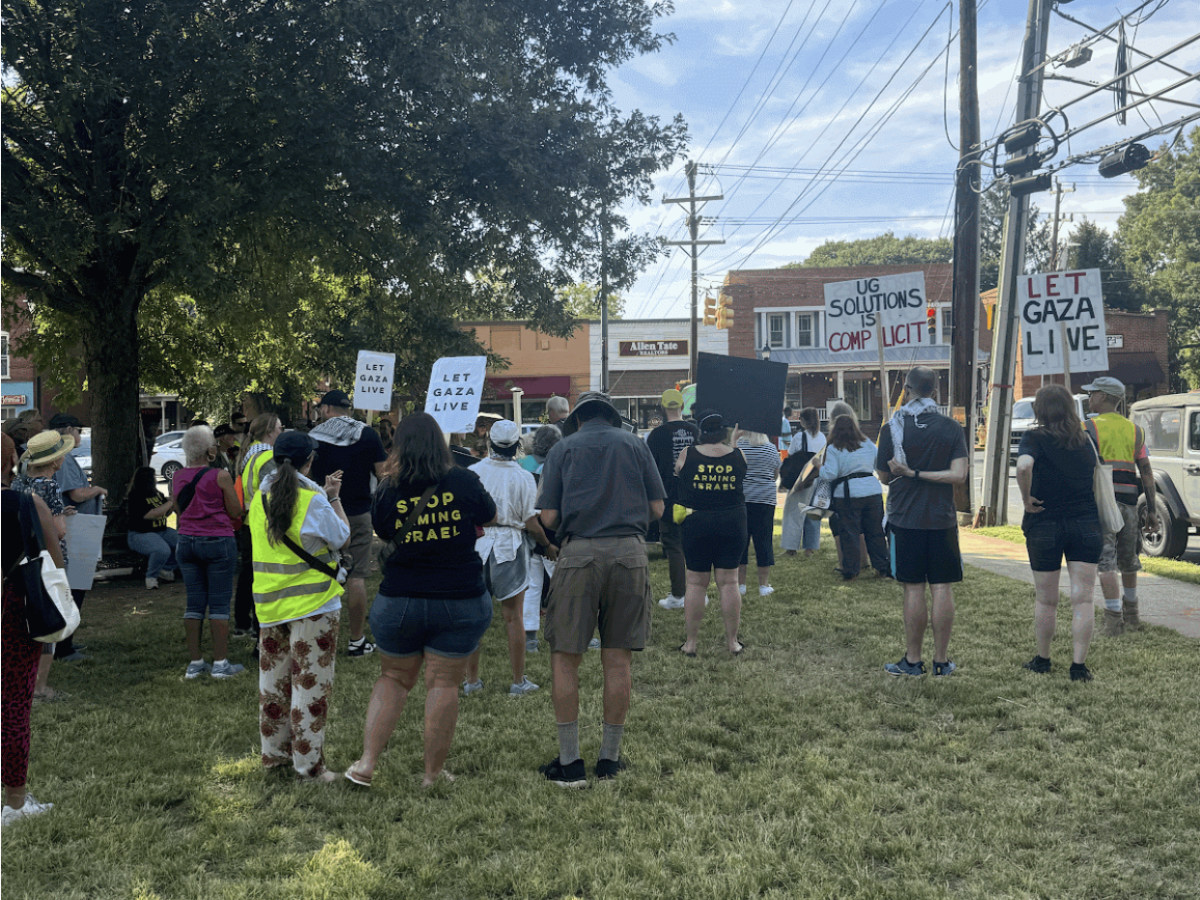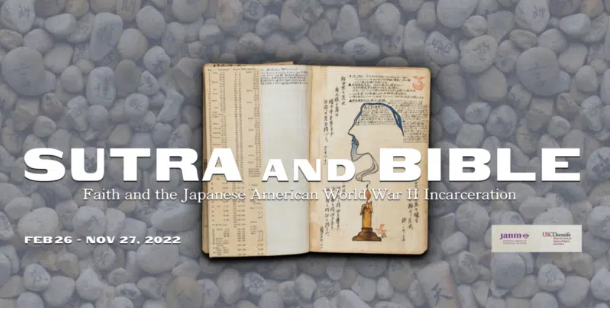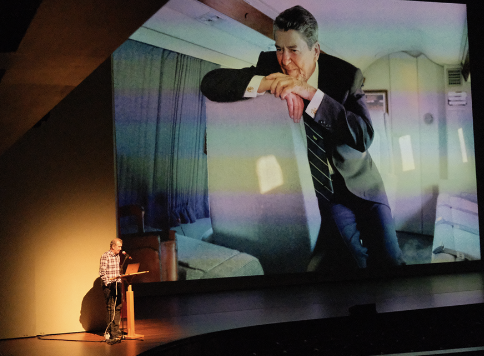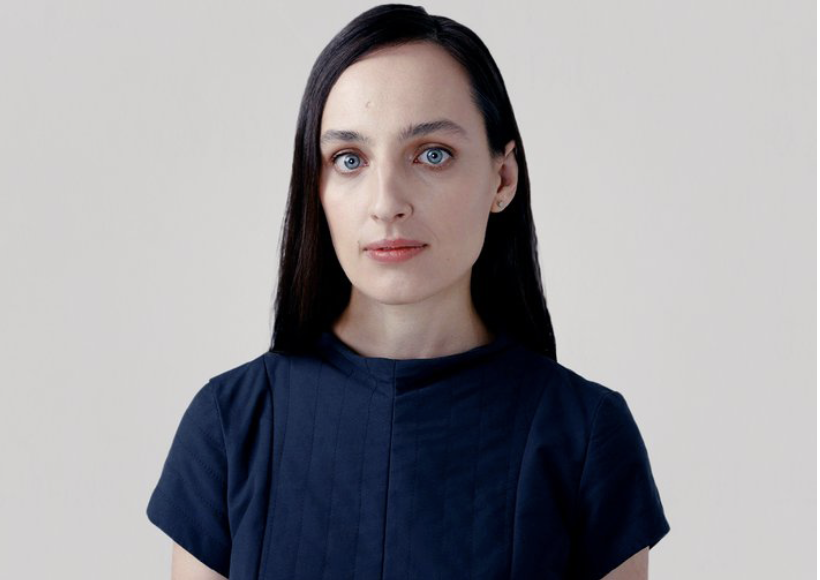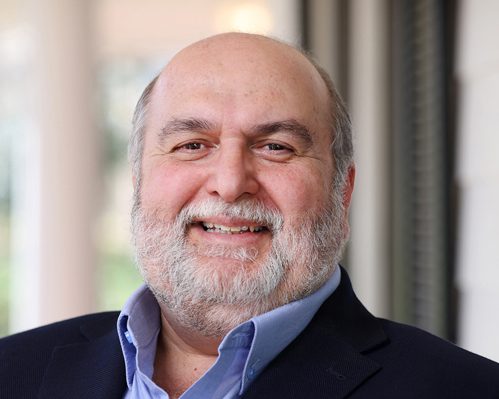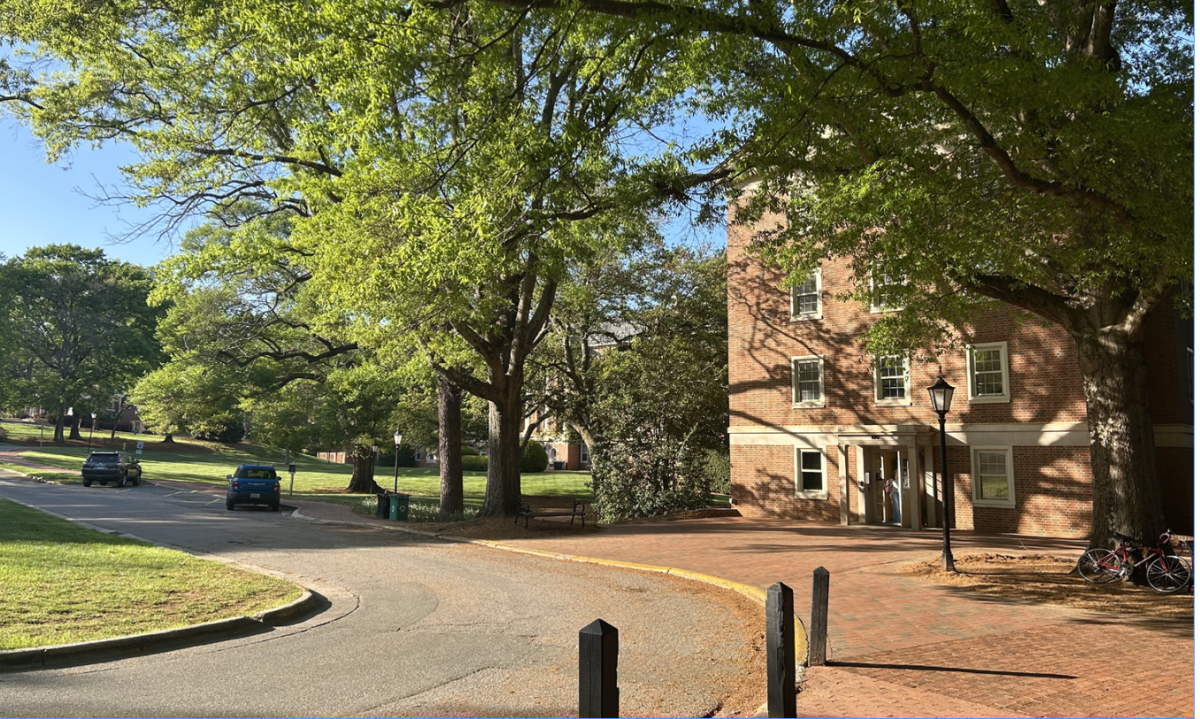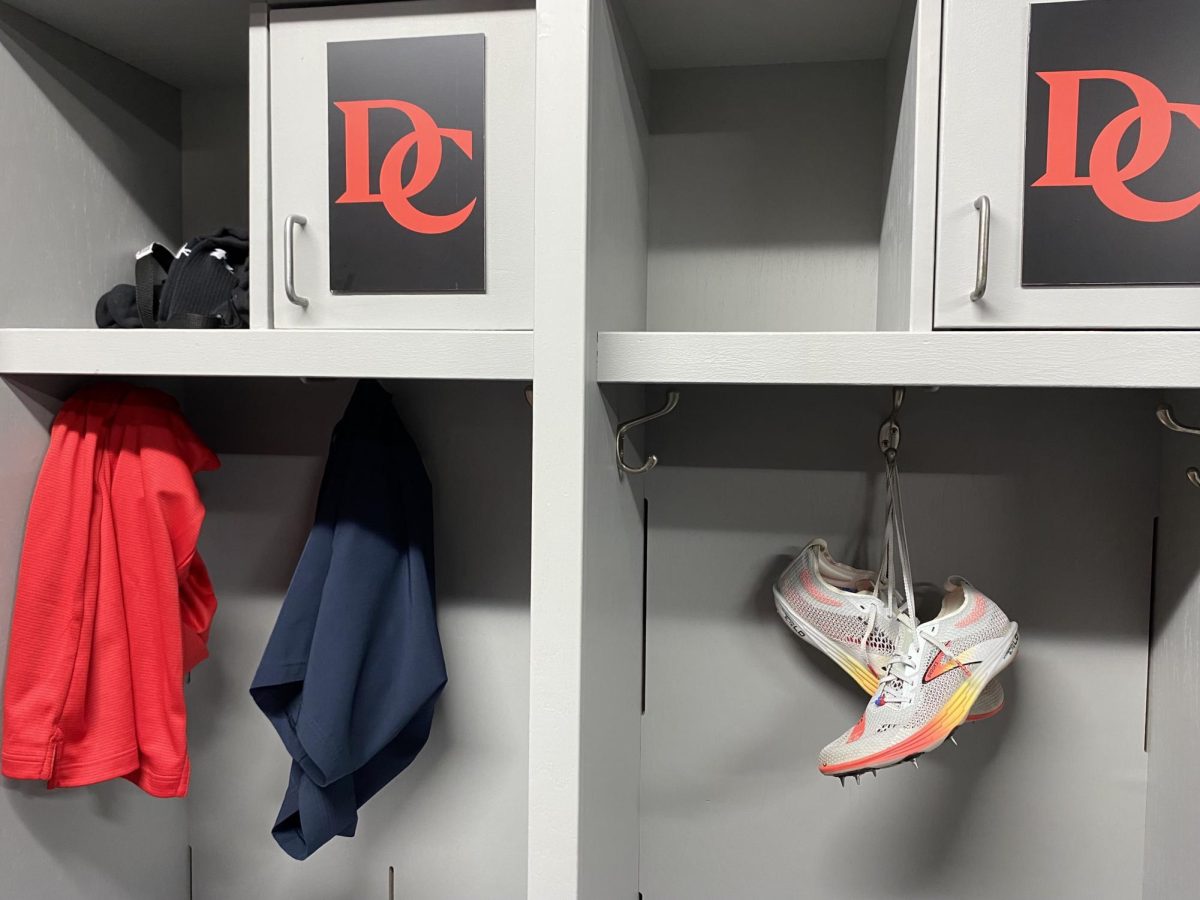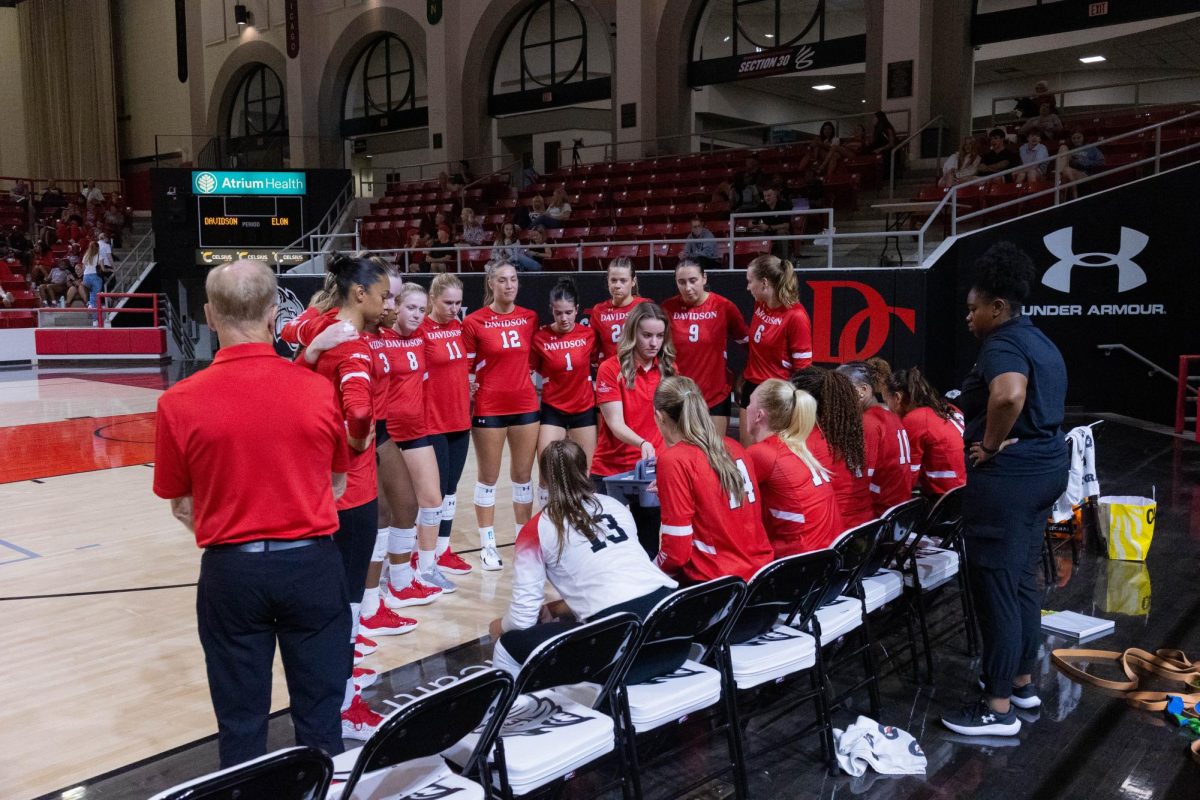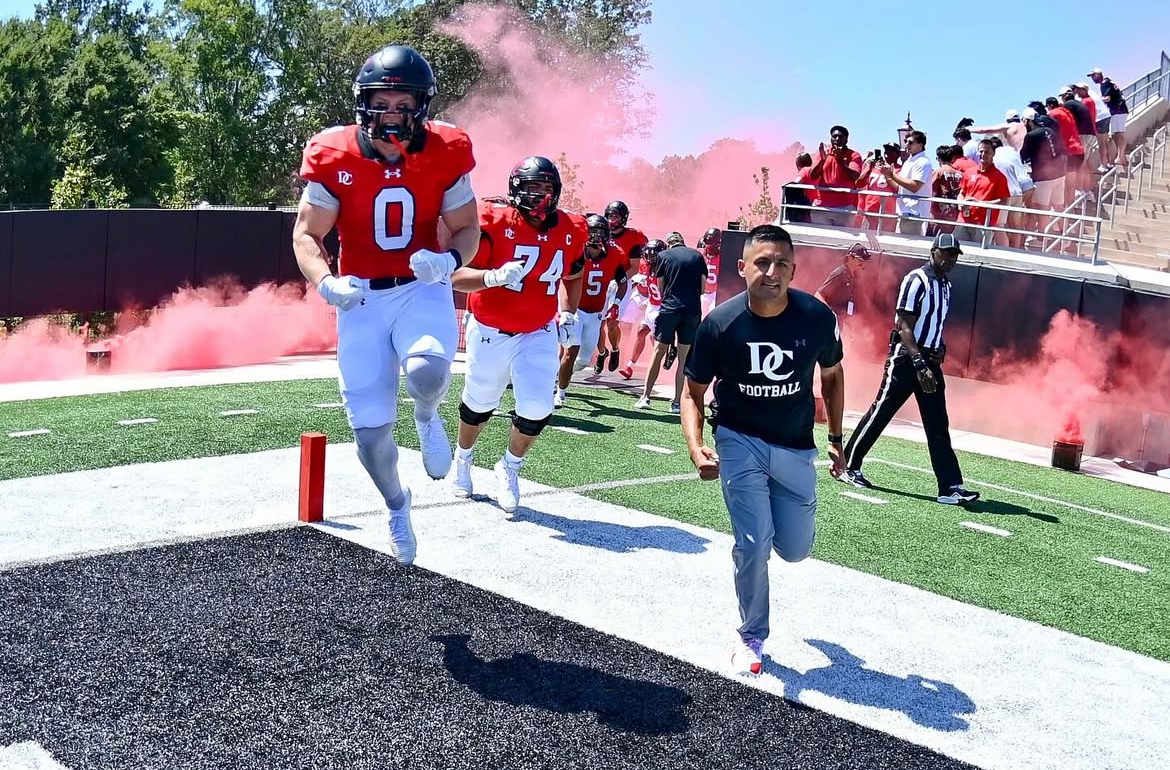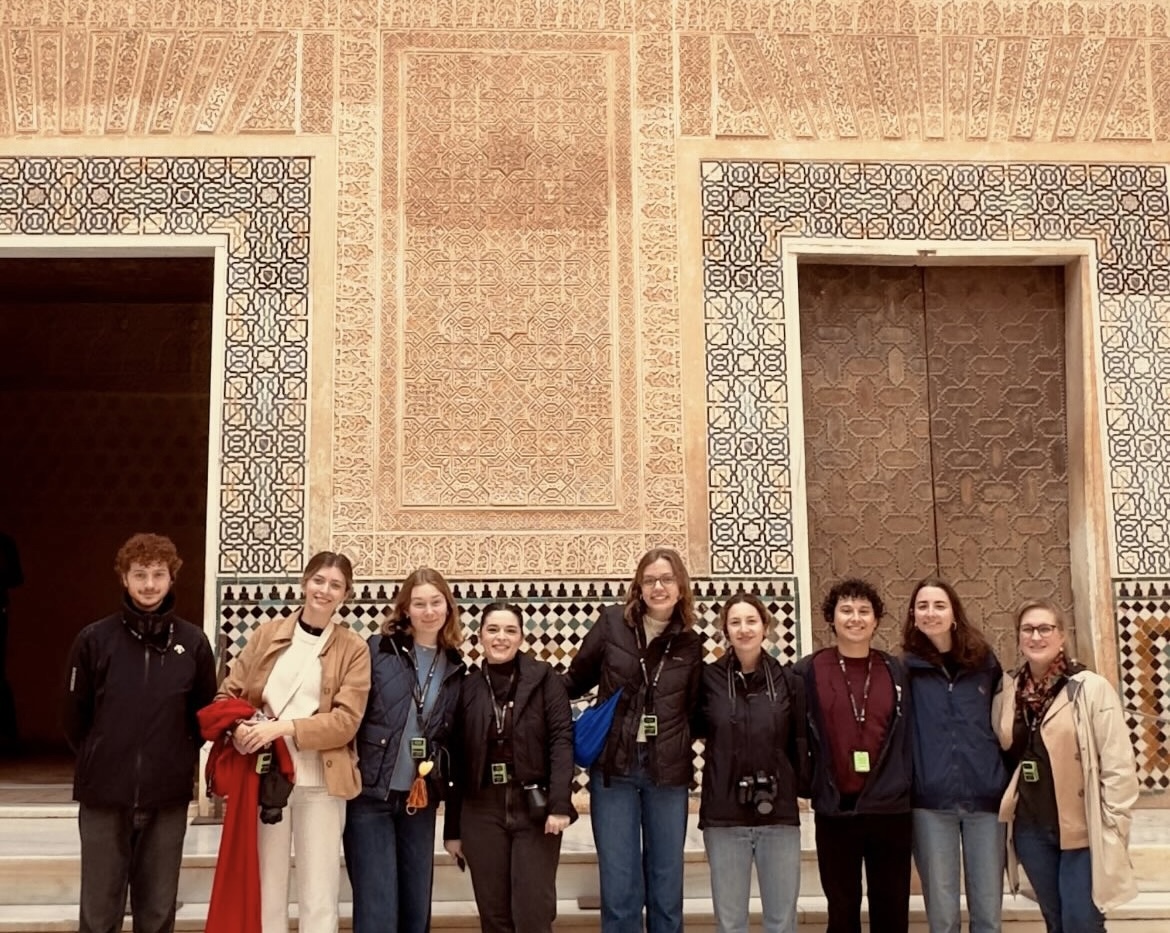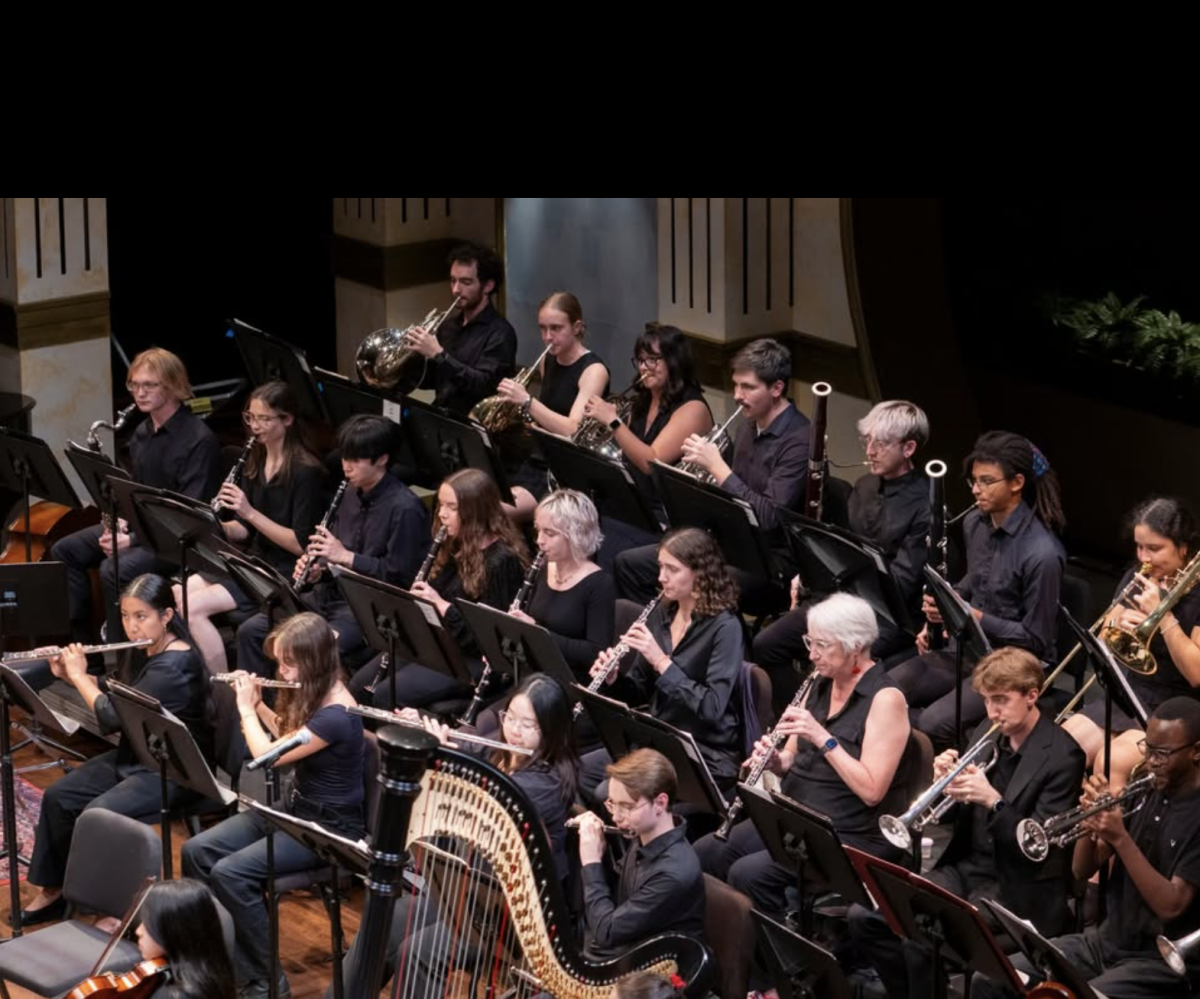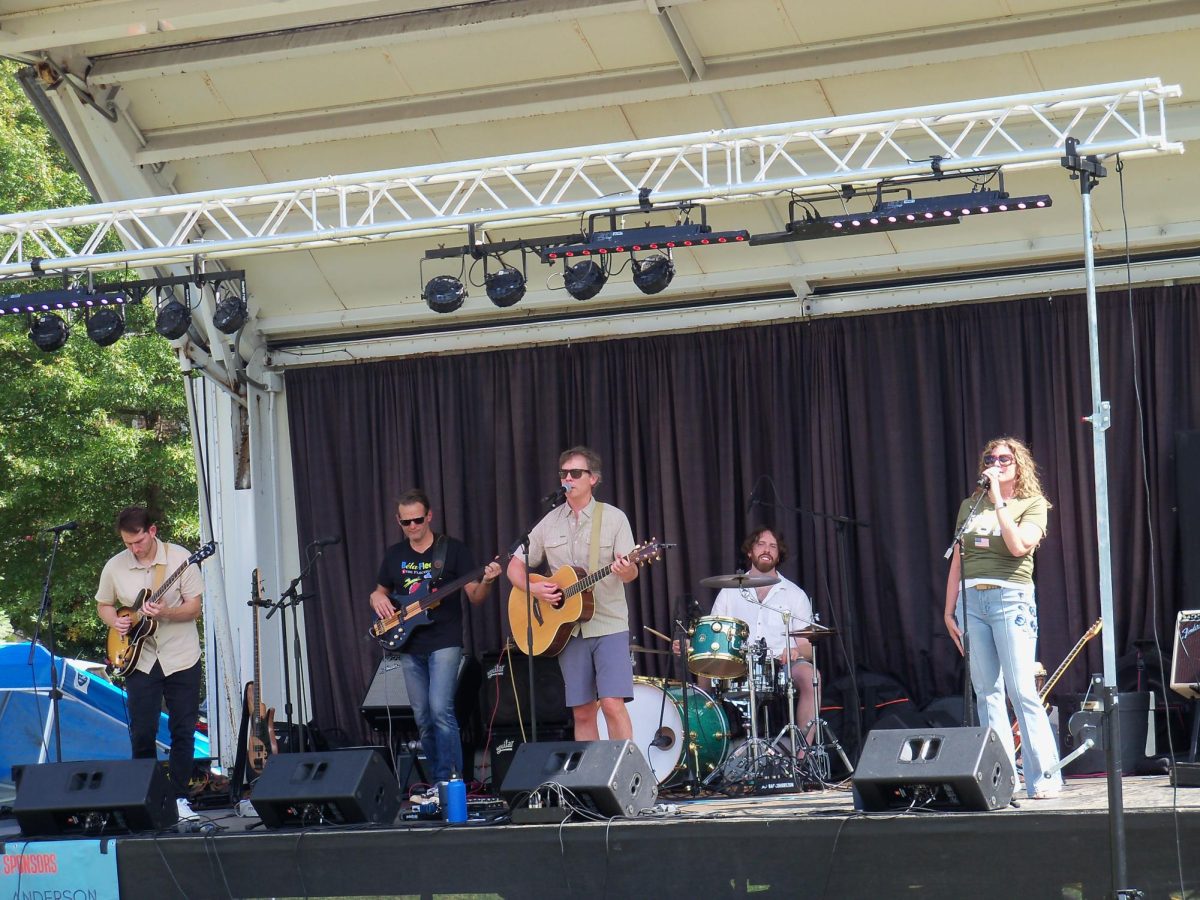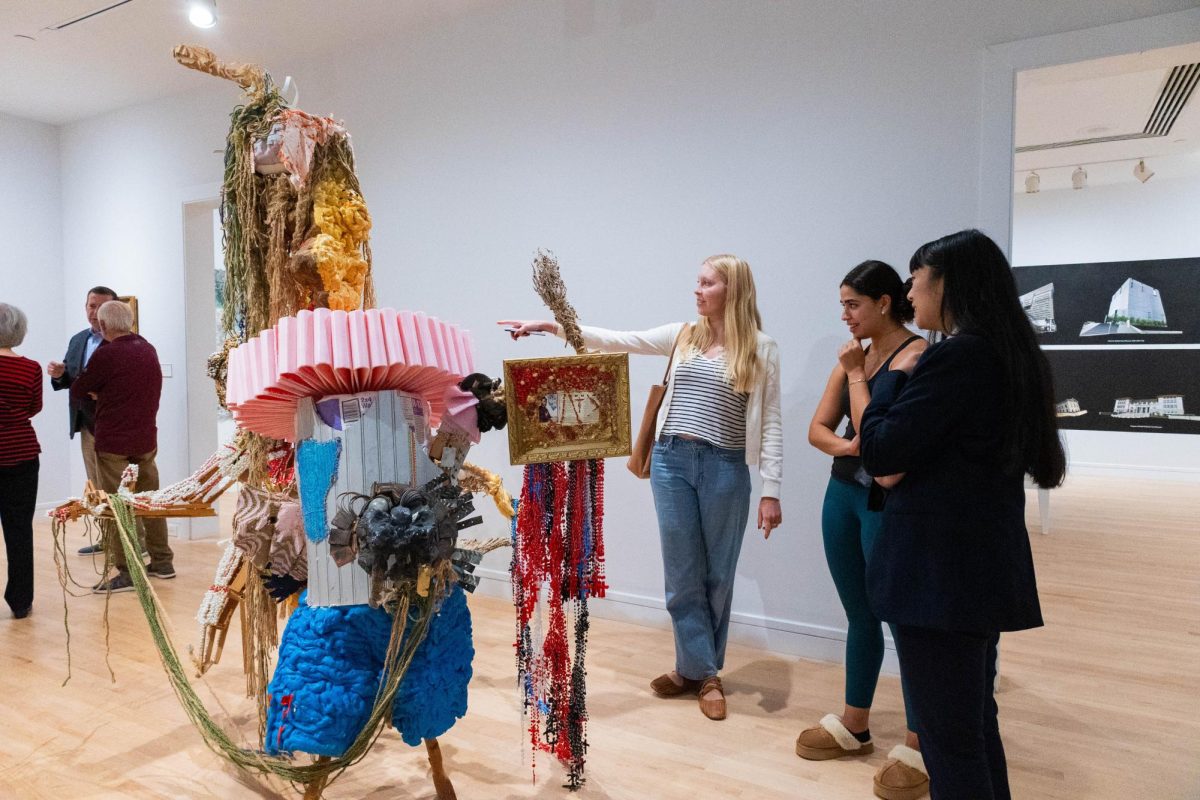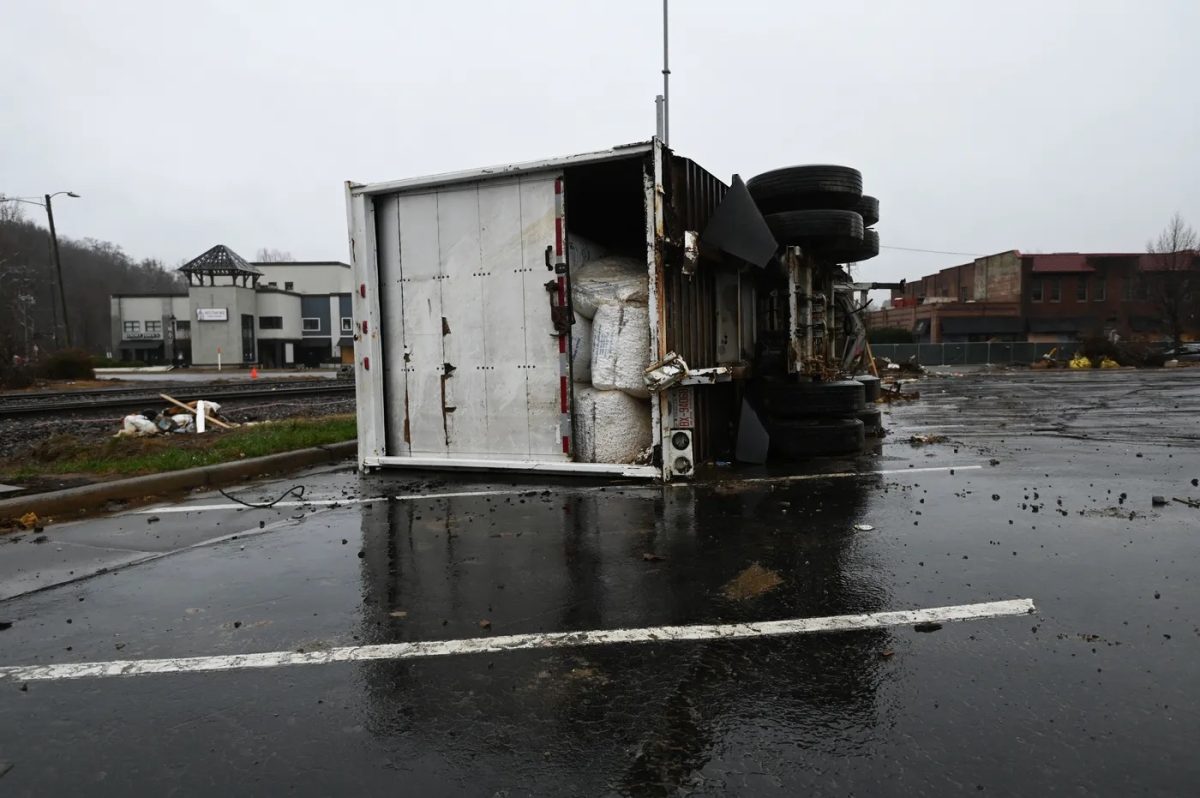Free speech watchdog the Foundation for Individual Rights and Expression (FIRE) gave Davidson a D- grade and 60.4/100 score on its annual assessment of the College’s campus speech climate in a survey report released last July.
Administered through College Pulse, a survey analytics firm targeted at students, the report does not disclose how many Davidson students submitted responses. The survey had students rate the college in six categories: openness, administrative support, comfort expressing ideas, disruptive conduct, and political tolerance.
About 60% of students reported discomfort disagreeing with professors in class on political issues while 70% reported being afraid to endorse unpopular views on social media.
Davidson ranks in the better half of the 257 surveyed universities in four of the six categories, with political tolerance and comfort expressing ideas being the lone exceptions. Ranked 78th, Davidson places in the top third of surveyed American universities.
Davidson Director of Media Relations Jay Pfeifer called attention to FIRE’s survey methodology. “We respect FIRE’s work; we share a commitment to free expression on campus. That said, their grading system, like all rankings, is reductive and occasionally confusing,” Pfeifer wrote in an email to The Davidsonian.
“Their report says that Davidson students ranked the college in the top 50 for ‘administrative support,’ indicating students feel the administration will back expressive rights. Despite that, they issued a ‘D-’ on administrative support.”
Davidson has made notable improvements under FIRE’s stoplight system in recent years, which categorizes schools with robust free speech protections as “green light” institutions and those with weak campus expression climates as “red light.” In 2021, FIRE elevated Davidson from a red light to a yellow light, the product of substantial reforms.
One major reform came in 2021 when former Davidson President Carol Quillen led the charge to adopt a version of the Chicago statement, the University of Chicago’s free speech policy adopted by over 100 institutions since, which FIRE upholds as the “gold standard” for campus speech policy.
Adopted in 2023 through extensive deliberation with a free speech task force, Davidson’s Commitment to Freedom of Expression now hangs in the first floor of Chambers Hall. The Commitment holds, “It is not the proper role of the College to attempt to shield individuals from ideas and opinions they find uncomforting, disagreeable, or offensive.”
Nonetheless, groups across the political spectrum continue to demand more from Davidson. Davidsonians for Free Thought and Democracy (DFTD), a predominantly conservative alumni group, has earned praise from FIRE for raising the salience of free speech as an issue on campus.
DFTD has repeatedly called on the College to adopt institutional neutrality and “conduct a thorough review of all policies and procedures related to speech.”
Stephen Walker ‘26, a recipient of DFTD’s Robert Murray Scholarship for Excellence in Free Expression, said he would like to see Davidson explicitly promote free expression.
“While Davidson has been willing to engage in conversions about, and has promoted free expression, in praiseworthy ways, I would like to see the college enthusiastically promote the ideal as something we all value and benefit from in a somewhat similar manner to how it promotes the honor code,” Walker wrote in an email to The Davidsonian.
Matthew Skolar ‘24, a former Green Party Youth Caucus National Co-Chair, ran into on-campus hostility while trying to express his political views. “I was harassed many times online by both the right wing and the liberals for thinking the way I did,” Skolar said.
“Cancel culture is a major problem on campus for people of all political views. If you say something that offends someone or are accused of violating campus policy, regardless of the evidence, many people don’t want to have a conversation about it.”
While critical of the student political culture, Skolar expressed satisfaction with Davidson institutions fostering free expression. “The Center for Political Engagement did help me bring speakers from the Green Party to campus,” Skolar said.
Davidson continues to establish new infrastructure for facilitating greater freedom of expression on campus. The recently established Institute for Public Good (IPG) will support the Deliberative Citizenship Initiative (DCI) which hosts on-campus political deliberations on hot-button issues.
“DCI provides an excellent opportunity for people to share their viewpoints,” DCI Fellow Bolling Lewis ‘28 said. “Everybody’s opinion, along with their background and perspectives are welcome, and facilitated conversations can be used to elevate dialogue. DCI is not only an outlet where your voice can be heard, but an environment to hear about different political stances other than your own.”
The newly founded Institute for Public Good, which lists deliberation and free expression as one of its core issue areas, will be housed out of Philanthropic and Eumenean Halls, which President Doug Hicks ‘90 contends “signify Davidson’s tradition of respectful discussion.” “If ever there was a moment to embrace our commitment to the free, open and respectful inquiry that Phi and Eu represent, that time is now,” Hicks said.
“We envision The Institute for Public Good becoming a model for how colleges can integrate a liberal arts education with public purpose and ethical engagement,” Pfeifer said. “Davidson College is founded on the principle of free inquiry. We work every day to make sure our students engage with ideas that challenge the assumptions and beliefs they carried on to campus.”




